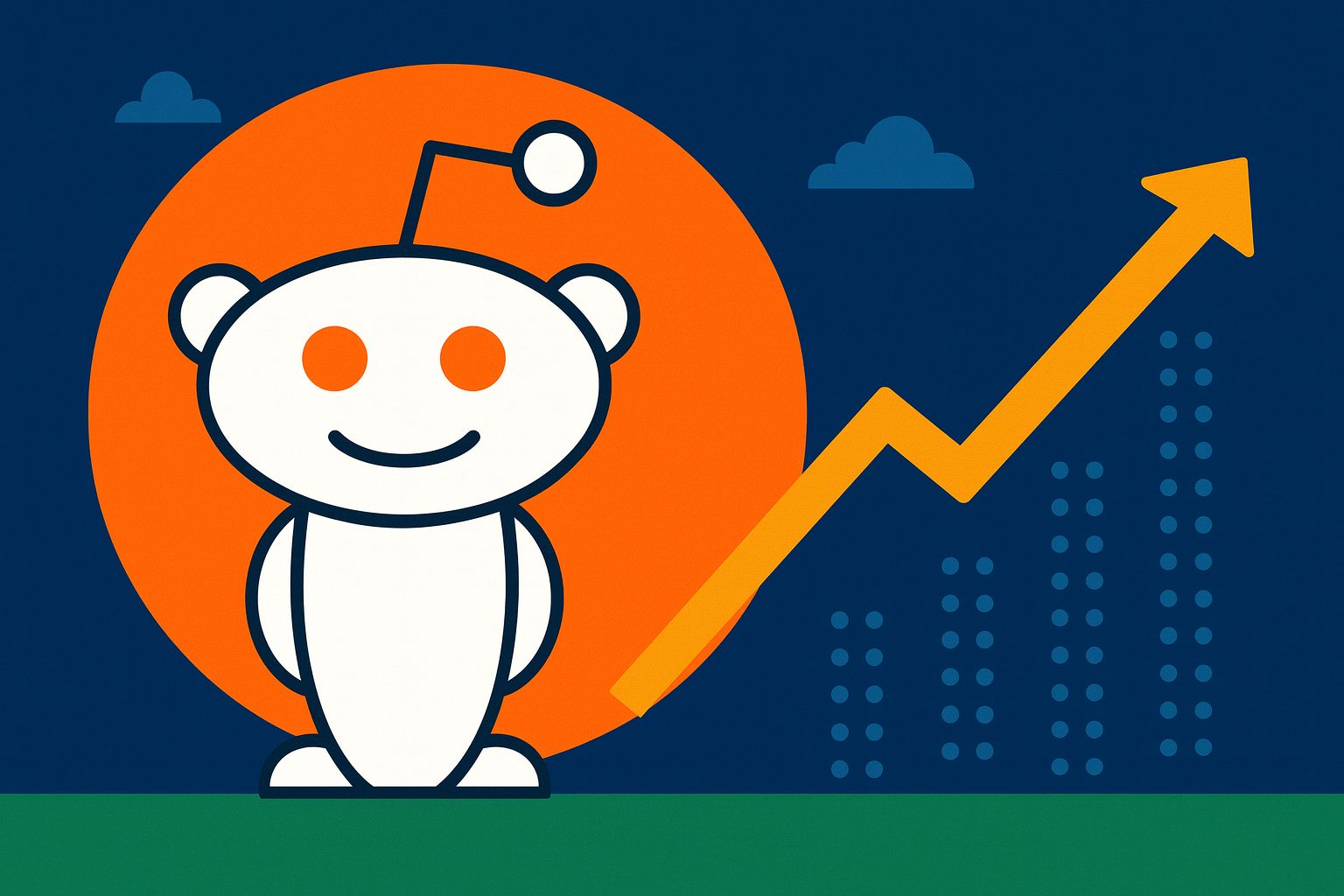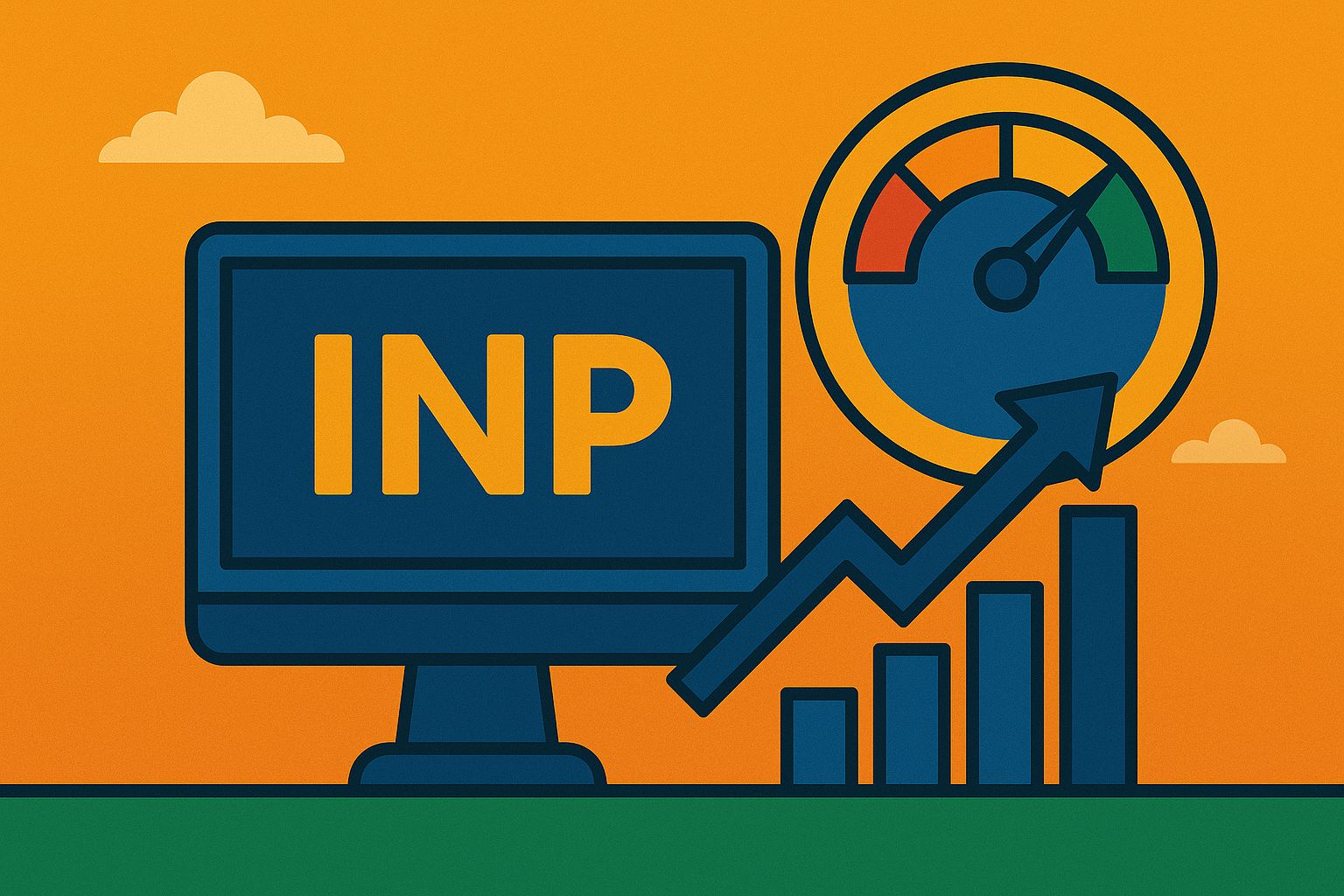The marketing landscape has undergone a seismic shift over the past decade. Traditional marketing methods, which relied heavily on intuition and broad demographic data, have been increasingly supplanted by sophisticated, data-driven strategies. At the forefront of this revolution is Artificial Intelligence (AI), a technology that has permeated nearly every aspect of modern marketing, from data collection and analysis to personalized customer experiences and predictive analytics. AI’s integration into marketing is not just a trend; it’s a fundamental change in how businesses approach consumer engagement. The power of AI lies in its ability to process vast amounts of data at unprecedented speeds, uncovering insights that would be impossible for human marketers to identify on their own. This capability allows businesses to make decisions with a level of precision and accuracy that was previously unattainable. One of the most significant ways AI is transforming marketing is through its ability to analyze consumer data. Modern consumers generate massive amounts of data every day through their interactions with digital platforms—searches, clicks, purchases, social media activity, and more. This data, often referred to as “big data,” is a goldmine of information for marketers. However, the sheer volume and complexity of this data make it challenging to analyze using traditional methods. This is where AI comes in. AI-powered tools can sift through vast datasets, identifying patterns and trends that provide deep insights into consumer behavior. For example, AI can analyze a customer’s browsing history, social media activity, and purchase history to predict their future buying behavior. This level of insight allows marketers to tailor their strategies to meet the specific needs and preferences of individual customers, leading to more effective and personalized marketing campaigns. Moreover, AI enables real-time decision-making, a critical advantage in today’s fast-paced digital world. Traditional marketing strategies often involved lengthy planning and execution phases, which could result in missed opportunities. In contrast, AI can analyze data in real time, allowing businesses to adjust their strategies on the fly. For instance, if an AI system detects that a particular marketing campaign is underperforming, it can automatically adjust the campaign parameters to improve its effectiveness. This ability to make real-time adjustments not only enhances the efficiency of marketing efforts but also maximizes return on investment (ROI).
Another crucial aspect of AI in marketing is customer segmentation. In the past, marketers would segment their audiences based on broad demographic categories like age, gender, or location. While this approach was effective to some extent, it lacked the nuance needed to truly understand individual customer preferences. AI has changed the game by enabling highly detailed customer segmentation based on a wide range of data points, including behavioral, psychographic, and contextual factors. This level of segmentation allows businesses to create hyper-targeted marketing campaigns that resonate deeply with specific customer groups. In addition to customer segmentation, AI is also revolutionizing the way businesses personalize customer experiences. Personalization has become a key differentiator in today’s competitive market, with consumers increasingly expecting tailored experiences that cater to their unique needs and preferences. AI makes this possible by analyzing individual customer data to create personalized marketing messages, product recommendations, and even website experiences. For example, AI-driven recommendation engines, like those used by Amazon and Netflix, analyze a customer’s past behavior to suggest products or content that they are likely to enjoy. This level of personalization not only enhances the customer experience but also increases customer loyalty and lifetime value. Furthermore, AI is playing a pivotal role in content creation and marketing automation. AI-powered tools can now generate content, such as product descriptions, social media posts, and even news articles, that is nearly indistinguishable from content created by humans. This capability allows businesses to scale their content marketing efforts without sacrificing quality. Additionally, AI-driven marketing automation tools can manage and execute entire marketing campaigns with minimal human intervention. These tools can handle everything from email marketing and social media management to ad buying and customer relationship management (CRM). By automating these tasks, businesses can free up their marketing teams to focus on more strategic activities. However, the integration of AI into marketing is not without its challenges. One of the primary concerns is data privacy. As AI systems rely heavily on personal data to make decisions, there is a growing concern about how this data is collected, stored, and used. With regulations like the General Data Protection Regulation (GDPR) in Europe and the California Consumer Privacy Act (CCPA) in the United States, businesses must be more vigilant than ever about protecting customer data. Additionally, there is the issue of bias in AI algorithms. If not properly managed, AI systems can perpetuate or even exacerbate existing biases, leading to unfair or discriminatory outcomes in marketing strategies.
Looking ahead, the future of AI in marketing holds immense promise. As AI technology continues to advance, we can expect even greater levels of precision and efficiency in marketing. Emerging trends like AI-driven voice search, virtual reality (VR) marketing, and AI-powered customer service will further transform the marketing landscape. Moreover, as AI becomes more integrated into our daily lives, the line between human and AI-driven marketing will continue to blur, creating new opportunities and challenges for businesses.
1. The Role of AI in Modern Marketing
- AI in Data Collection and Analysis
AI’s most significant contribution to marketing is its ability to collect and analyze large volumes of data efficiently. Modern consumers generate enormous amounts of data through various channels such as social media, e-commerce platforms, and even offline interactions. AI tools can process this data in real-time, uncovering patterns and trends that would be impossible to detect manually. For instance, AI-powered tools like Google Analytics employ machine learning algorithms to provide insights into user behavior, helping marketers understand which campaigns are most effective and why. These tools go beyond mere data collection; they offer predictive insights that can forecast future trends, enabling marketers to stay ahead of the curve.
- Customer Segmentation
AI excels in creating detailed customer segments based on behavior, preferences, and other characteristics. Traditional segmentation methods might group customers by age, gender, or location, but AI can delve deeper, segmenting customers based on more nuanced factors such as buying patterns, online behavior, and even sentiment analysis from social media interactions. For example, Amazon uses AI-driven segmentation to personalize recommendations for each user, significantly increasing the chances of conversion. This level of personalization was unattainable just a few years ago but is now standard practice thanks to AI.
2. Precision in Data Driven Decision Making
- Predictive Analytics
Predictive analytics, powered by AI, is transforming how businesses make decisions. By analyzing historical data, AI can predict future outcomes, allowing marketers to make more informed decisions. This capability is particularly valuable in areas such as customer lifetime value prediction, churn analysis, and campaign optimization. For example, predictive analytics can help marketers determine the optimal time to launch a campaign by analyzing past campaign performance data and external factors like market trends or seasonal fluctuations. This ensures that marketing efforts are not just reactive but proactive, targeting the right audience at the right time with the right message.
- Real Time Decision Making
In today’s fast paced digital world, the ability to make decisions in real time is crucial. AI enables real time decision making by continuously analyzing live data and adjusting strategies on the fly. This is especially useful in dynamic environments like social media, where trends can change rapidly. For instance, AI can monitor social media platforms for mentions of a brand, analyze the sentiment of these mentions, and adjust ad placements or messaging in real-time based on the findings. This kind of agility allows brands to stay relevant and responsive, which is critical in maintaining a competitive edge.
3. AI Driven Personalization
- Personalized Customer Experiences
Personalization is at the heart of modern marketing strategies, and AI is the driving force behind it. AI algorithms can analyze individual customer data to create personalized experiences across various touchpoints, from email marketing to website content and product recommendations. Take Netflix, for example. The platform uses AI to recommend shows and movies based on a user’s viewing history, ratings, and even the time of day they are most likely to watch. This personalized approach not only enhances the user experience but also increases engagement and retention rates.
- AI in Content Creation
AI is also revolutionizing content creation. Tools powered by AI can generate personalized content at scale, tailored to individual preferences and behavior. This includes everything from personalized email campaigns to dynamic website content that changes based on user interactions. For instance, AI-driven tools like GPT based text generators can create product descriptions, blog posts, and even social media updates that are tailored to specific audiences. Visual design tools powered by AI can automatically generate personalized ad creatives, optimizing them in real-time based on performance data.
4. Automation in Marketing
- Marketing Automation Tools
Automation has always been a key component of efficient marketing, and AI takes it to the next level. AI-powered automation tools handle repetitive tasks such as email marketing, social media management, and ad buying, allowing marketers to focus on strategy and creative work. For example, platforms like HubSpot and Mailchimp use AI to automate email campaigns, segmenting audiences and personalizing content based on user interactions. This not only saves time but also improves campaign effectiveness by ensuring that the right messages reach the right people at the right time.
- Chatbots and AI Customer Service
AI-driven chatbots are transforming customer service by providing instant, personalized responses to customer inquiries. These chatbots can handle a wide range of tasks, from answering frequently asked questions to assisting with product recommendations and troubleshooting. For instance, companies like Sephora use AI chatbots to assist customers with product selection, offering personalized recommendations based on their preferences and past purchases. This not only improves the customer experience but also drives sales by guiding customers toward products that match their needs.
5. Ethical Considerations and Challenges
- Data Privacy Concerns
As AI becomes more integrated into marketing, concerns about data privacy are growing. AI’s ability to collect and analyze vast amounts of personal data raises questions about how this data is used and protected. Marketers must navigate these ethical considerations carefully, ensuring that they comply with regulations like GDPR and respect consumer privacy. One major concern is the potential misuse of personal data, leading to invasive marketing practices that can damage consumer trust. To address this, companies must be transparent about their data collection practices and provide consumers with control over their data.
- Bias in AI Algorithms
AI algorithms are only as good as the data they are trained on, and if this data is biased, the AI’s decisions will be too. This can lead to discriminatory practices in marketing, where certain groups are unfairly targeted or excluded based on biased data. For example, if an AI algorithm is trained on historical data that reflects biased hiring practices, it might perpetuate these biases in recruitment marketing. To mitigate this, companies need to audit their AI systems regularly, ensuring that they are trained on diverse and representative data sets.
6. The Future of AI in Marketing
- Advancements in AI Technology
The future of AI in marketing looks promising, with several advancements on the horizon that will further enhance its capabilities. Emerging technologies like AI driven voice search, augmented reality (AR), and virtual reality (VR) are expected to play a significant role in shaping marketing strategies. Voice search, powered by AI, is becoming increasingly popular, with devices like Amazon’s Alexa and Google Home leading the charge. Marketers will need to optimize their content for voice search, focusing on natural language and conversational tone to stay relevant in this space.
- The Impact of AI on Marketer Roles
As AI continues to evolve, it will inevitably change the role of marketers. While AI can automate many tasks, it cannot replace the creative and strategic thinking that human marketers bring to the table. Instead, AI will complement these skills, enabling marketers to make more informed decisions and execute campaigns more efficiently. In the future, marketers will need to develop new skills, particularly in data analysis and AI tool management. This shift will require continuous learning and adaptation, as the marketing landscape becomes increasingly data-driven and technology focused.
Conclusion
AI is revolutionizing the marketing industry, enabling smarter, more precise decision-making through data-driven insights. From predictive analytics and personalized customer experiences to automation and real-time decision-making, AI offers a wealth of opportunities for marketers to enhance their strategies and achieve better outcomes. However, with these opportunities come challenges, particularly in the areas of data privacy and algorithmic bias. As AI continues to evolve, marketers must navigate these ethical considerations carefully, ensuring that their use of AI is responsible and transparent. The future of AI in marketing is bright, with advancements in technology set to further transform the industry. By embracing AI and developing the necessary skills to leverage its capabilities, marketers can stay ahead of the curve and drive success in an increasingly competitive landscape.




